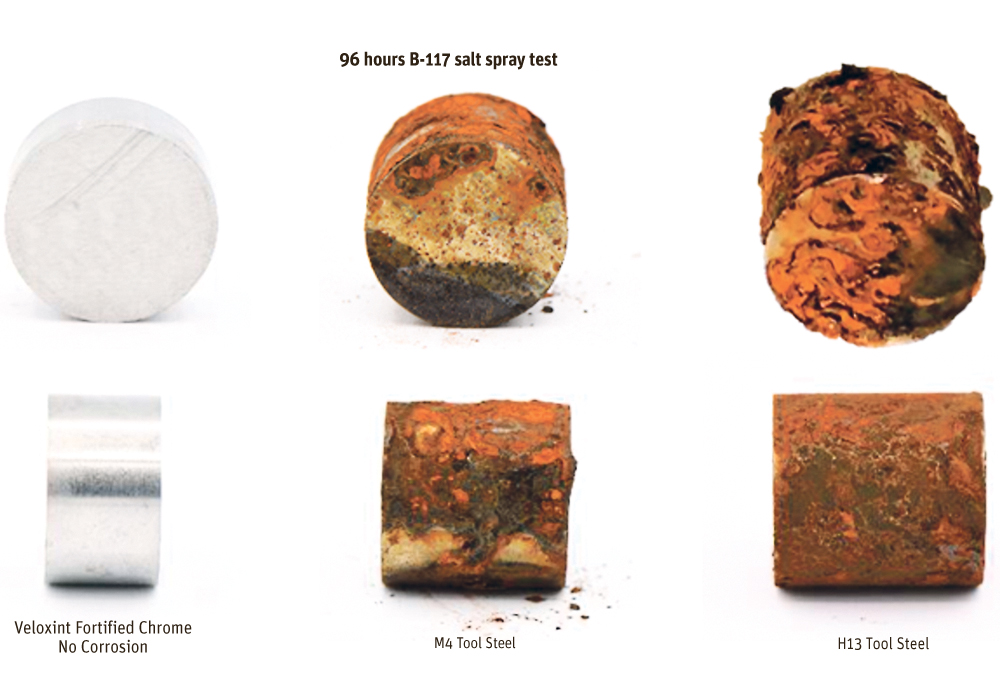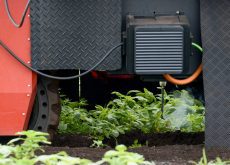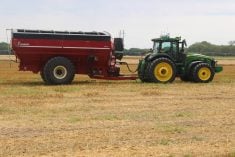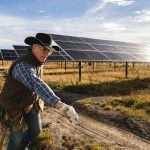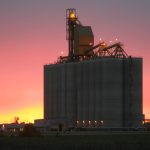A U.S. research company is figuring out how to turn nanocrystalline metal alloys into high-value products and parts
Imagine the benefits to farm implements if they were made of a metal five times stronger than today’s steel. As well, implement weight could be cut in half and would last longer.
That metal is waiting over the horizon. Veloxint is an alloy research company in Massachusetts specializing in developing and commercializing nanocrystalline (NC) metal alloys and turning these alloys into high-value products and parts.
“The company makes different kinds of alloys. So what we have isn’t necessarily just one product. We have a technology platform that allows us to develop many different kinds of alloys,” said Veloxint spokesperson Phoebe Kwan.
Read Also
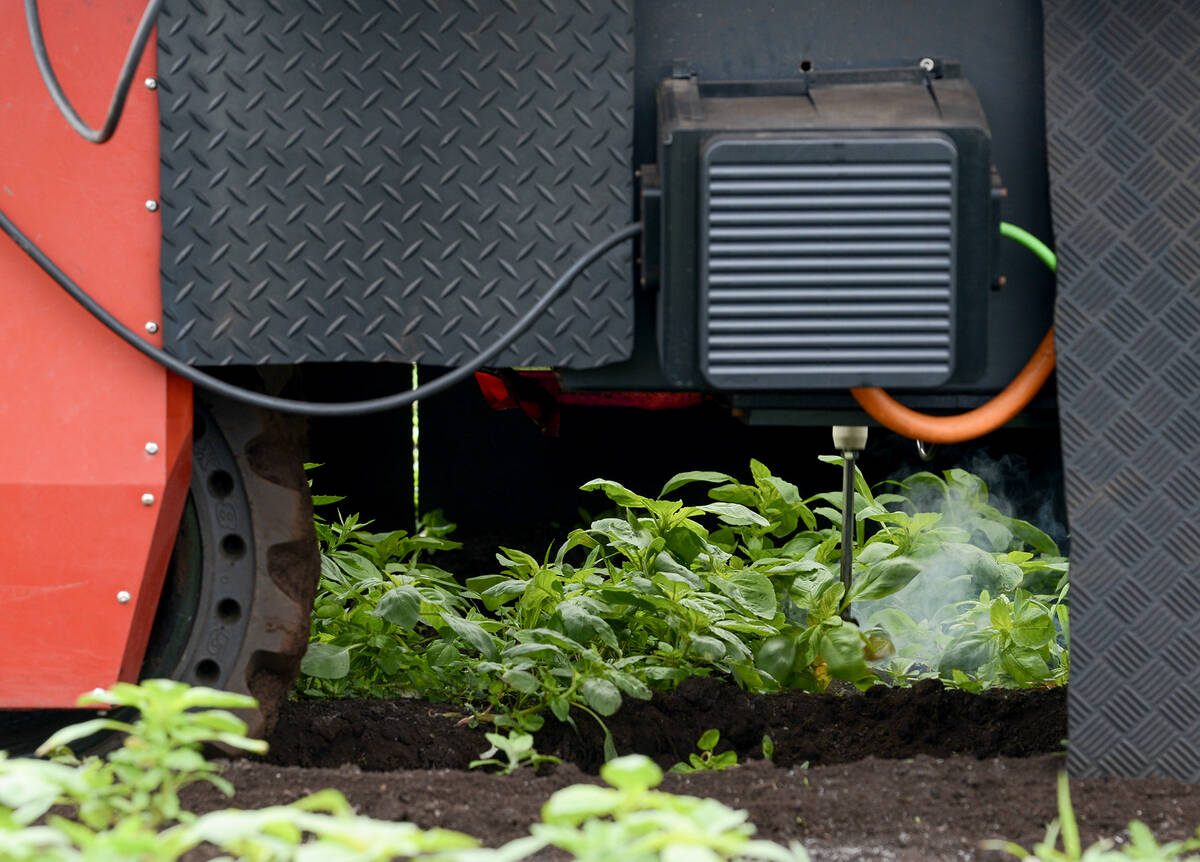
Robots, lasers, and AI, oh my!
Advanced field robotics, including laser and high-voltage electricity, is transforming agriculture with AI-driven precision, lower labour costs, and reduced soil disturbance.
“When you look at any metal through a microscope, you see it’s made up of tiny grains, tiny crystals that actually stick together. Metallurgists have known for more than 40 years that if you can make those crystal really, really small, then you can make a metal that’s extremely strong.”
But until now, nobody has been able to commercialize nanocrystalline metal because tiny grains become unstable and are more difficult to stick together.
“Chris Schuh figured out how to make these materials stable over time and in larger volume, first in kilograms then in tonnes. Once he figured that out, he set up this company, Veloxint,” Kwan says.
Every different alloy made by Veloxint has different ingredients. Each composition is designed to fit a certain need.
Kwan says the composition is designed so the crystals want to stay together. How? That’s a secret.
“Next we turn the recipe into a powder. It’s called powder metallurgy. We can do metal injection moulding to shape the parts or 3-D print the parts.
“One of the final steps is called sintering, where we bake the material into the final shape and density. Most metals require a very high temperature. We do the sintering at a much lower temperature. It takes less heat than if you’re working with iron or steel or aluminum, and it’s faster.
“One of the alloys we’re working with right now has the strength of a premium tool steel, but it has excellent corrosion resistance, which is required if a product is used around acids or salt water. It’s a valuable alloy for agricultural machines working with corrosive fertilizer, corrosive manure and other chemicals.”
Kwan says the other advantages are that it’s very stiff, light and ductile. She says it’s ideal for an impeller, auger or fan blades. A lot of energy is required to make them turn. The lighter they are the less energy required.
“Our mission now is to take this technology and make alloys and parts that go into the marketplace so manufacturers can pass these benefits on to their customers. We don’t have any commercial products on the market yet, but we do have a number of prototypes underway with outside partners who will use this technology.”


